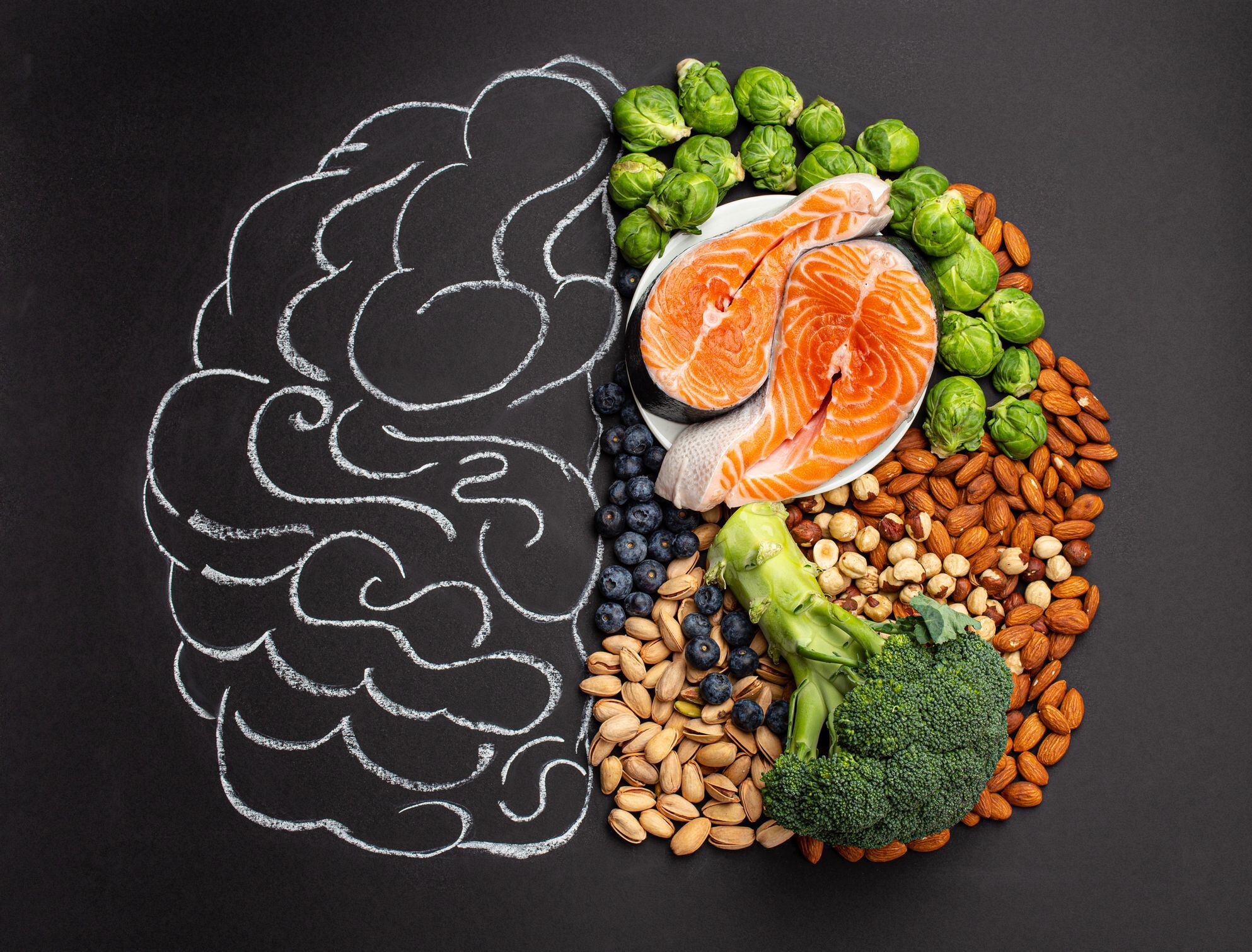Western Medicine
Have you ever thought about how the current healthcare system is structured? Western medicine as we know it emerged in the mid-nineteenth century, post-pharmaceutical industry. It has been in place for less than 200 years. The pharmaceutical era brought a systemic and formulated approach to the healing process. An approach that treats symptoms rather than the root cause of disease. An approach that does not consider us holistic, whole, and complex beings as we are.
Ancestral Medicine
Ancestral cultures, including those of China, India, Greece, and the Middle East, created their healthcare systems at least four thousand years ago. Believe it or not, in many countries, these systems are still in place. Interest in the ancestral approach to healing has been growing lately, including here in the United States. Pioneering physicians worked for years using trial and error to create holistic therapies whose goal was to truly heal. So, people are finally starting to value ancient wisdom.
Scientific Validation
Hundreds of rigorous scientific studies have validated ancestral approaches. All prove that healing by eliminating the root cause of the disease is the only effective way to remission. This is what we call holistic healing because it elevates the body, mind, and spirit. This is the way to achieve a true sense of well-being. Unfortunately, most doctors today still work by the principles of Western medicine.
Modern Treatment
The pharmaceutical industry has specialized so much over the last 200 years that there is a pill for everything. There is one medicine for each type of pain, headache, sore throat, muscle ache, and it goes on. For weak pain, there is a painkiller, for stronger pain another painkiller. There is pill to lower fever, cholesterol, and blood pressure, and even one to reduce sadness. According to the CDC, 63% of doctor visits end in prescriptions. Interestingly enough some patients are not satisfied if the doctor does not prescribe. It seems that no one wants to leave an appointment empty-handed.
Drugs
Have you ever thought about how the pharmaceutical industry formulates its drugs? Ancestral knowledge about medicinal plants, herbs, and oils at some point had to be passed on. The first pharmacists then isolated the active ingredient from these herbs and began to synthesize them in the laboratory. It all started with what nature provided us! Now the pharmaceutical, medical equipment, and health insurance companies have become giants of capitalism. Just like the food industry, those companies have taken over our health.
Sad Reality
The Kaiser Family Foundation reported that 50 percent of Americans between the ages of 30 and 49 take prescription medication. In the same situation are 75% of adults between 50 and 59 years old and 95% of those over 65. One-third of people between the ages of 50 and 59 and more than half of those 65 and older, take four or more medications regularly! Sadly, our culture has come to equate healing with drugs.
Recognizing System Flaws
The first step for changing this sad reality is to recognize the system’s flaws. The understanding that synthetic drugs do more harm than good is the first one. As a rule of thumb, every medicine’s list of side effects contains at least ten items. Drugs are counteractive in nature – they oppose physiological processes. Therefore, they shouldn’t be recommended to long term use. The most commonly prescribed type of antidepressants, for example, selective serotonin reuptake inhibitors (SSRIs), works by increasing the levels of serotonin floating around the synapse. Ingesting these hormones causes a reduction on the body’s natural production of them and their receptors. This happens because of a process called homeostasis, or the body’s process of maintaining equilibrium. When the drug is discontinued the problem may be greater than it was before.
It’s Not Utopia
We need to believe that our body can balance and heal itself. We need to believe that food is medicine and trust that nature is the great provider. Prevention is the solution! It is the simplest and cheapest way. It is also the most sustainable path for our species and the planet.
Hippocrates, who is referred to as the “Father of Modern Medicine”, believed in the healing power of nature (“vis medicatrix naturae” in Latin). Which principle is that the body has the intrinsic power to re-balance and heal itself. Hippocrates’ therapies focused on facilitating the natural process with rest and immobilization as vitally important. Hippocrates was the first to relate diseases to natural causes. He was the first one to say that health problems are the product of environmental factors, diet, and lifestyle.
New Cycle
I believe in evolutionary cycles and that the time has come to transition back to ancestral medicine. The tech industry must move on, but the pharmaceutical and food industries need to lose sovereignty. We, as consumers, have the greatest power to decide the future. The fewer pills and processed foods we buy, the more we are contributing to our health and that of the planet. The return to the simple lifestyle, of homemade food, medicinal tea, and vegetable gardens in the backyard (or even on the balconies), will do a damn good for humanity.
The Future of Healthcare
What about the healthcare system in the future? In my vision, the ideal system is a network of community centers with holistic professionals and functional doctors who would teach us all how to prevent disease by using food as medicine, mindful movement, meditation, and immersion in nature. There would be cooking and gardening classes being offered so, people would spend time together learning how to grow and cook their food. More importantly, people would build relationships and live in a true sense of community. I believe it’s possible. Do you?
Remember: Good is what makes you feel well!
Anna.
To know more about how to start a garden read my blog post The Benefits of Gardening.




